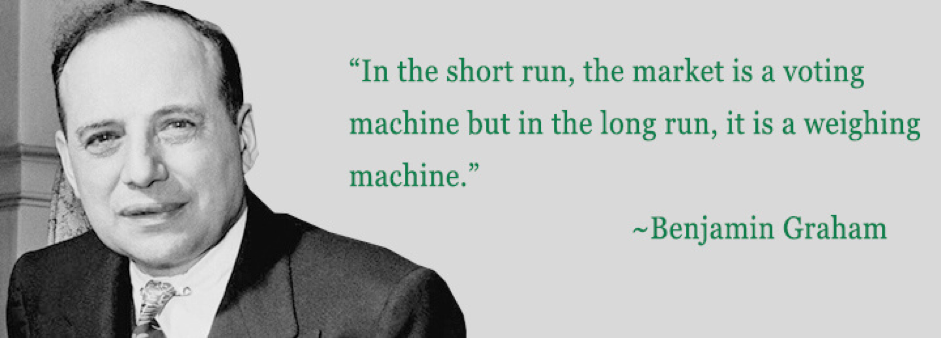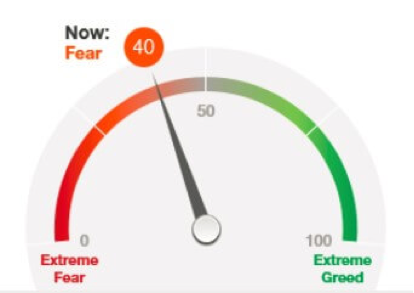Trading on IqOption has to do not only with the decisions you make, but it also has to do with the decisions other market members make. If you work with financial instruments such as Forex, CFDs, cryptocurrencies or anything else, you obviously want to know how other market participants feel, because your success heavily depends on the overall market behavior.
People who trade any financial asset influence on the performance of these assets. The market sentiment is the predominant attitude of traders. The trend is never being developed on its own, instead it is a product of many trades performed at the same time by a large number of traders. If the number of people who are willing to buy the asset is above the amount of those who want to sell it, the sentiment is considered to be bullish. In case the opposite is true, the sentiment is said to be bearish. When there are bullish sentiment periods, the price of the asset rises. If the sentiment is bearish, the price of the asset will decrease. So what does it mean when financial advisors say “follow the trend”? It means that, if the market sentiment is bullish, you have to buy and if the sentiment is bearish, you have to sell.

There are a lot of aspects that may have an effect on the market sentiment: major economic and political news, past performance of the corresponding asset, future prospects and statements made by the industry experts. Just looking at the price chart may occasionally be enough in order to determine the predominant sentiment. Nevertheless, it is commonly recommended to see the whole picture. Indexes, like Global Dow, NASDAQ Composite, S&P 500 — are used in order to estimate the market sentiment.
The principles of market sentiment are clear but what is the purpose of using market sentiment? As it was already stated above, financial psychology can have a big effect on how the markets operate. Both positive and negative trends are influenced by rational aspects and also emotions. However, when there are emotions, there is as well a possibility of a mistake. A mistake which you may use for your own benefit.

Benjamin Graham states in his book “The Intelligent Investor” that throughout the recession people have a tendency to overvalue their losses and also people have a tendency to overvalue their potential profit throughout the period of economic boom. And the major reason to that is people being too much emotional.

Consequently, you may use Fear & Greed Index in order to track periods of bullish and bearish market sentiments on the equity market. Fear & Greed Index is not difficult to use and it provides useful information. If the index is near to 50, then traders are most probable make reasonable and rational decisions. Most of the famous companies are fairly priced. If the index go much lower than 50, then fear begins to spread across the market and a number of traders sell their assets at a discount. Usually these time are believed to be good to buy. If the index goes higher than the 50 boundary, the market is considered to be overheated. Careless and greedy investors will buy even doubtful stocks at a premium. Consequently, a reasonable investor will use the market sentiment in order to buy assets at low prices and sell them at high prices.
Conclusion about market sentiment on IqOption
However, behind every market there are regular people, who get emotional, make mistakes and follow the mass. So it may be a good idea to take into account what they think, while you trade with them.
Nevertheless, Keep in mind that that trading is not just the ability to follow market sentiment. It may useful to follow market sentiment, but it doesn’t give a warranty you will succeed.
Leave a Reply